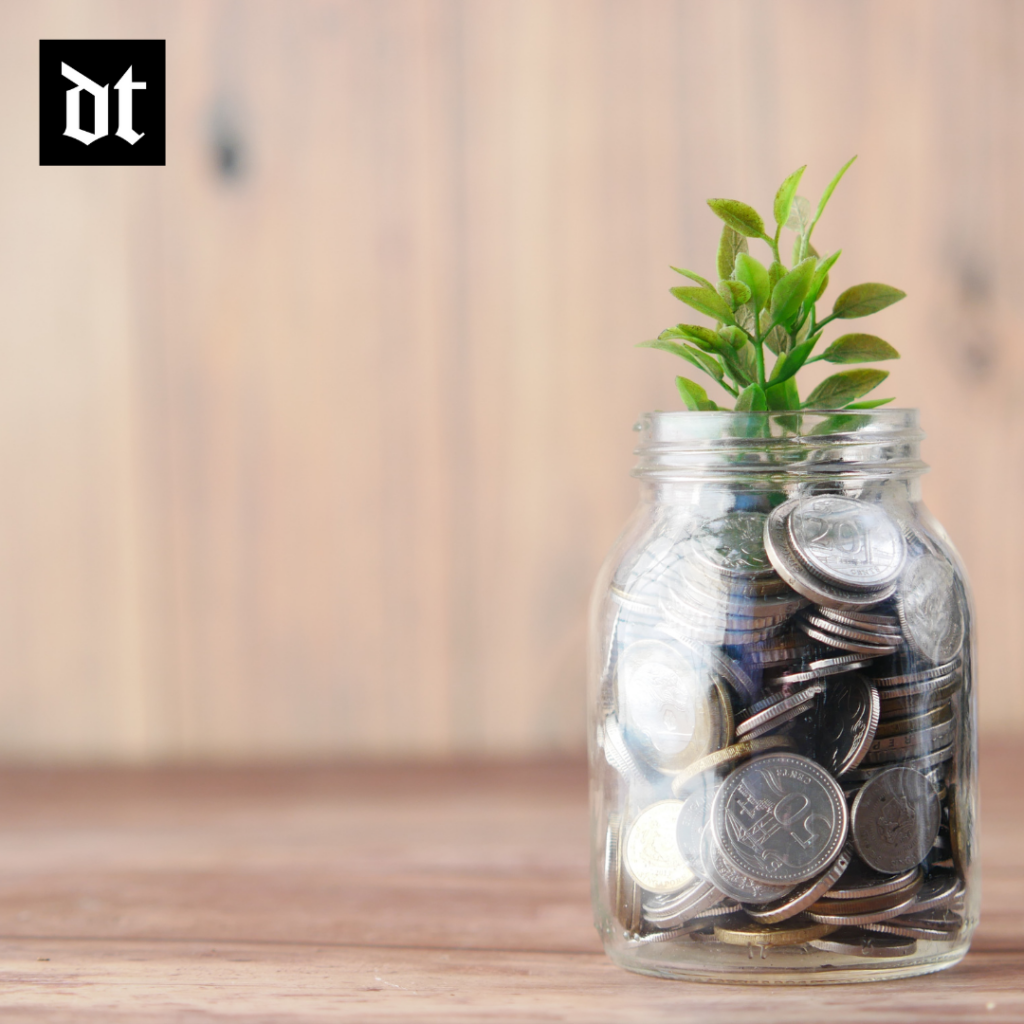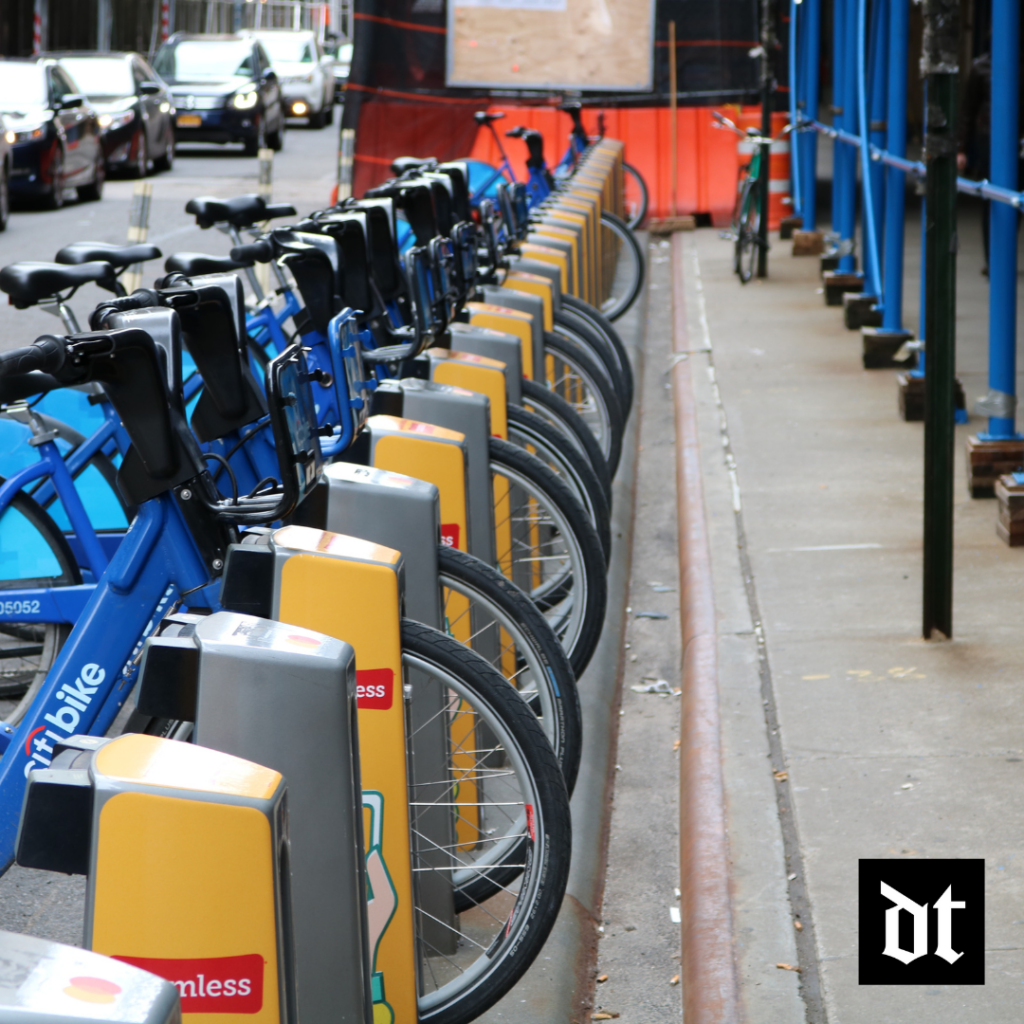
The global economy has been going through some tough times recently, with many countries struggling with debt and high unemployment rates. As we search for solutions to these problems, many experts have pointed to the potential benefits of a greener economy. By investing in renewable energy, sustainable agriculture, and green technology, countries could help combat climate change, create new jobs, and boost economic growth. Allow us to explore how a greener economy could help ease the financial burden of debt-ridden countries.
6 Ways Going Green Could Help Economic Distressed Countries
Investing in a greener economy makes sense considering all the potential benefits. By focusing on sustainable practices, renewable energy, and green technologies, countries can build a more resilient, adaptable, and competitive economy that benefits the environment and its citizens. Furthermore, they can stimulate job growth, reduce healthcare costs, position themselves for technological and scientific advancements, and improve their infrastructure. Overall, a greener economy can provide the essential economic boost that many debt-ridden countries need.
1. Job Creation And Economic Growth
One of the primary benefits of investing in a greener economy is job creation. Renewable energy, for example, provides more jobs per unit of energy produced than conventional fossil fuels. Additionally, green technology companies could generate new jobs in manufacturing, research, and other fields. Furthermore, sustainable agriculture practices could provide new jobs in farming and promote local food production, making countries more self-sufficient. Redistributing subsidies from fossil fuel companies to renewable energy companies could also spur growth in the green sector, leading to a more vibrant economy.
2. Lower Healthcare Costs

Adopting a greener economy means reducing emissions and using cleaner energy sources. This could lead to better public health outcomes, with lower rates of respiratory disease and other health problems associated with air pollution. Since a healthier population requires less costly medical care, a greener economy could help reduce healthcare costs, translating into more money for debt-stricken governments to address fiscal challenges.
3. Competitive Advantage
Many countries already recognize the importance of a greener economy, and some are investing significantly in sustainable projects. By embracing this shift towards a green economy, countries can position themselves at the forefront of new technologies and policies, giving them a competitive edge in the global market. These changes can support the creation of new industries and opportunities.
4. Improved Infrastructure And Resilience
In the face of climate change, countries will need to adapt their infrastructure to mitigate the risks posed by extreme weather events, such as flooding or wildfires. By prioritizing green infrastructure, such as green roofs, rain gardens, and permeable pavements, countries can increase their resilience to climate change. At the same time, these sustainable infrastructure initiatives can lead to improved water quality, less flooding, and better air quality. Notably, investing in green infrastructure also stimulates the local economy by creating jobs for construction workers, skilled laborers, and a wide variety of professionals, such as engineers, designers, and architects.
6. Public Support And Engagement

A green economy often enjoys broad-based popular support. Many people recognize the need for environmental protection and understand that sustainable practices are critical to preserving natural resources. Encouraging citizens’ direct participation and engagement in green initiatives, such as community gardens, bike-sharing programs, and recycling projects, can foster a sense of pride and ownership at the community level. This helps local people feel like they are part of the solution rather than just passive recipients of government policies.
Conclusion
A greener economy can undoubtedly help ease the burden of debt-ridden countries. Transitioning to sustainable energy sources, investing in climate mitigation and adaptation measures, developing a green economy, and enhancing international cooperation all go a long way in reducing debt and promoting economic growth. Green policies also have far-reaching impacts beyond the economy and the environment. They can ensure gender equality, promote human rights and provide social inclusion. In conclusion, the way forward for debt-ridden countries is ambitious and aggressive action toward the green economy.
